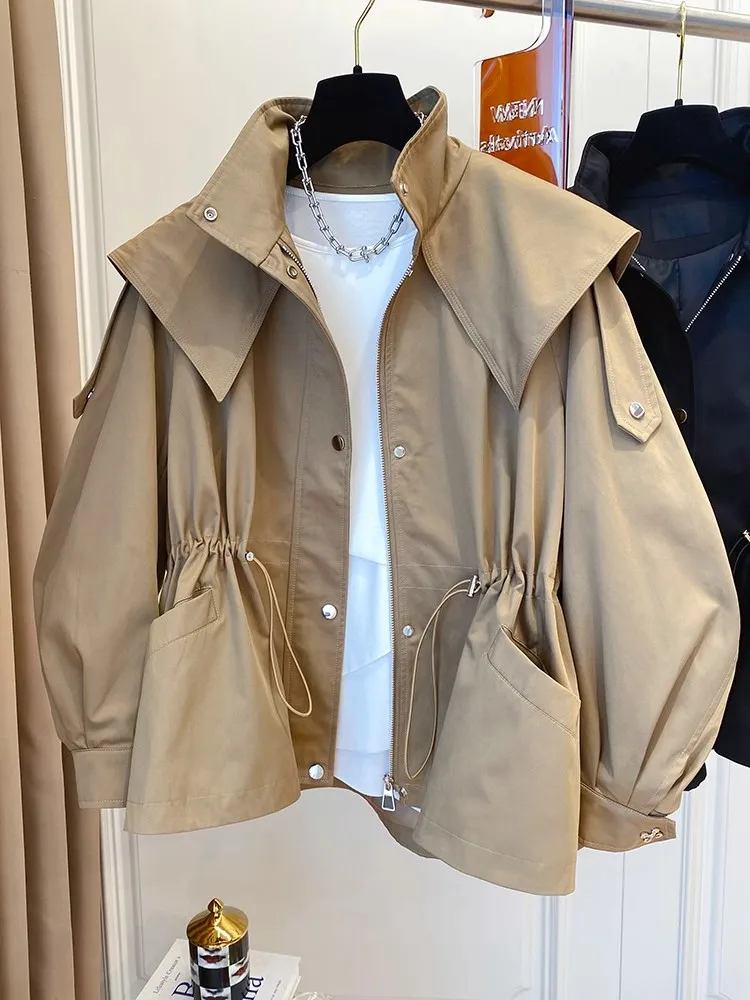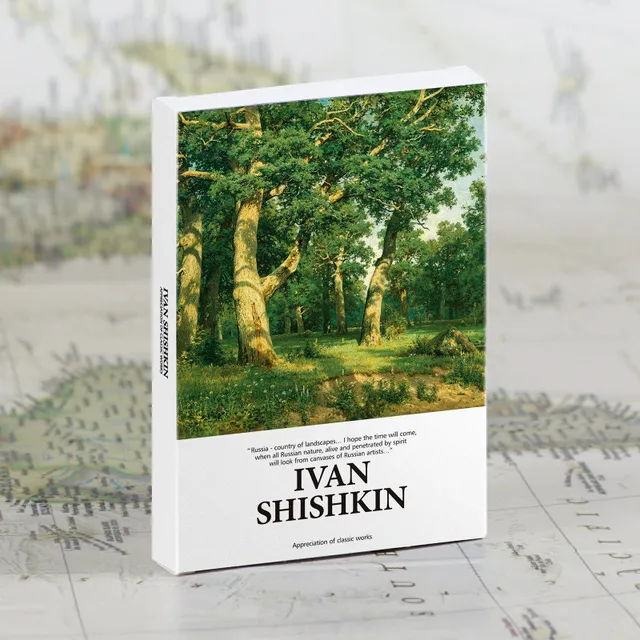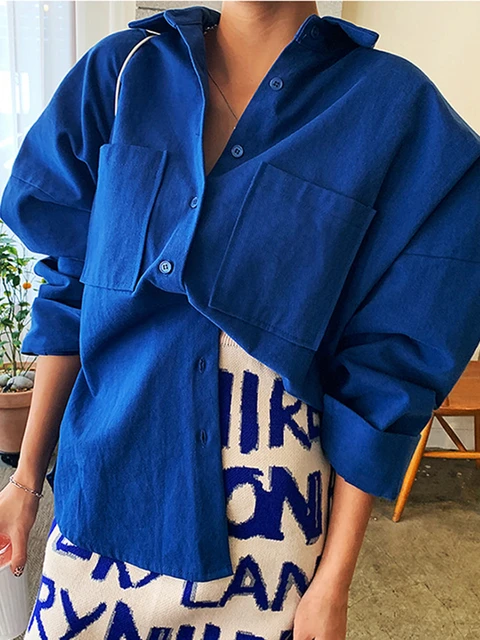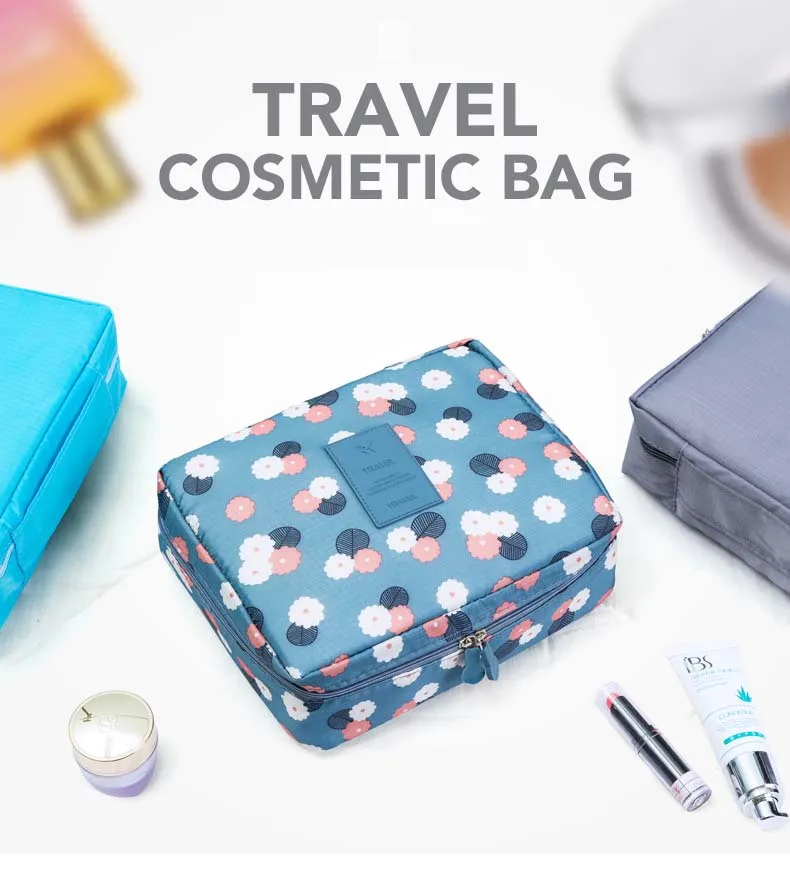Long walks, endless nights, hearts in pain and fear, running away from the past, towards a new future, uncertain as that may be: what people on the run have to go through for a bit of peace and safety is extreme. Some people call their flight a “trip”, thousands of humans are “travelling” through Turkey, through the Balkans, up to the heart of Europe, to escape the sounds of war and the gruesome fate of their country, their people, and often – their family and friends.
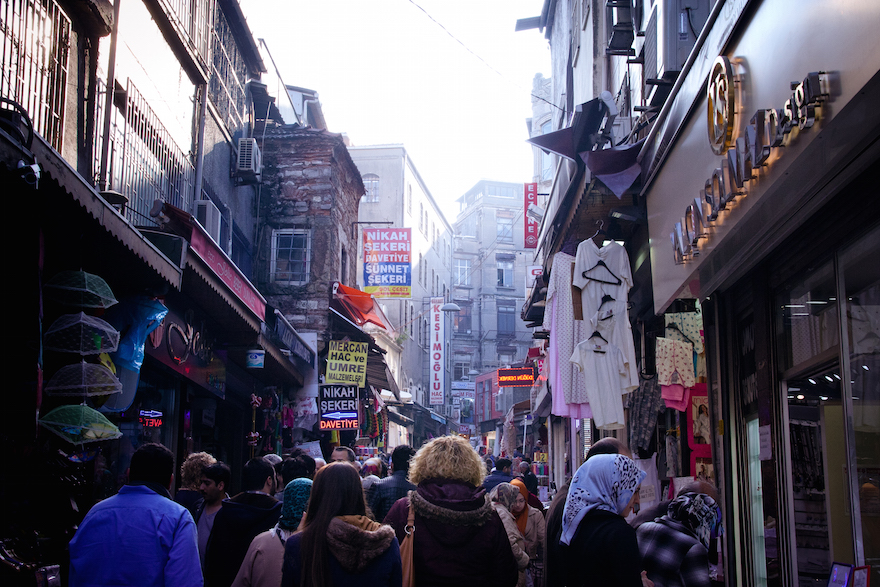
I’ve never known war, neither have my parents, and I feel lucky to be able to say so. I cannot fathom these horrors, cannot compare any experience to the dread that many refugees must feel. I cannot imagine finally finding a safe place and then being turned away by bureaucracy or hostile natives, scared of the “other”, the new.
But I do believe that I can know with absolute certainty that running from war is nothing like a “trip”. You don’t get to drink a glass of wine from a rooftop terrace somewhere in , you are not going to climb gorgeous mountains in , you won’t enjoy a freshly pressed juice on a hot summer day in the streets of Bucharest, you won’t be checking in to a cute little hotel in the backstreets of . Instead, you fear for your life and that of your children, constantly, incessantly.

I believe it is our duty to help those in need, to be there for people who have lost their homes and families, who are running from a terror so big it makes them give up everything and risk their lives for a better future.
At the same time, I travel around the world, enjoying my freedom – even to and in places that are at the very center of crises, humanitarian or other. I benefit from the relative wealth I was born into, from everything that comes with being a white European, a Westerner. Those are privileges that I never worked towards, that are not there by my doing specifically, that just came with being born where I was born – but at the same time, those are privileges that come from years, decades, centuries of exploitation of other cultures, countries, and people.
I never felt this contradiction more than when I went to Istanbul in November 2015.
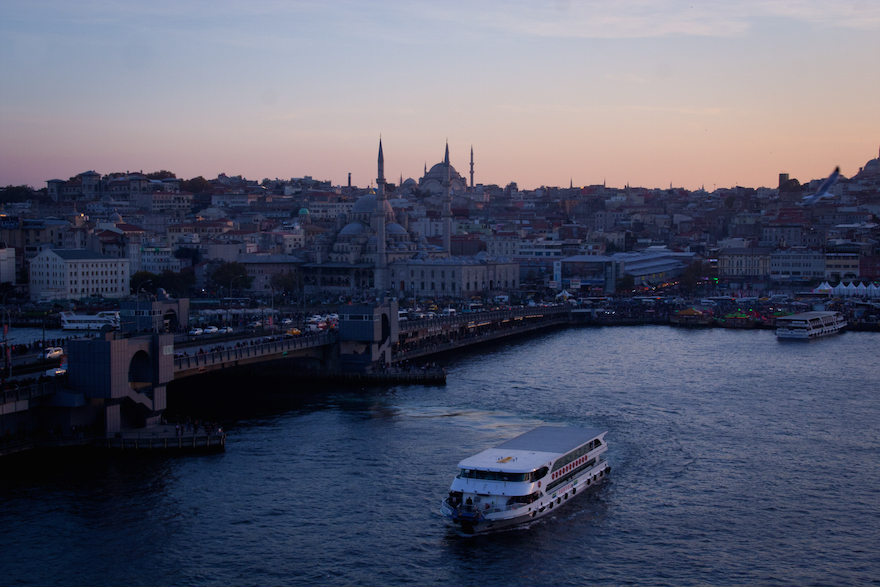
It had only been a few months in which the number of refugees arriving in Europe was getting higher and higher. Germany and Austria still had an Open-Door-policy, “Refugees Welcome”, the news was full of positive stories about volunteers and enthusiastic welcomes. I had been living in and was following the events closely via the media, regretting that I couldn’t be there to lend a helping hand as well. At the same time, I was far removed from everything that was going on – after all, I was six time zones away, hidden in some of the highest mountains this world has to offer.
That is, until the moment I touched ground in Turkey. I had flown to Istanbul to meet my boyfriend, a romantic weekend after was waiting for us. We were supposed to meet at Taksim square. The air-conditioned bus that took me to the city center slowly rolled past families crossing over the Bosphorus, from Asia to Europe, on foot.
We met up at Taksim and happily went to our AirBNB, while hundreds of people were looking for shelter for the night before moving on up, towards Germany. We had evening drinks overlooking the city, while down below, people were struggling to fulfil their basic needs, finding food and drink. We posted a snap on Instagram using the WiFi from the gourmet restaurant we had dinner at, while men, women, and children on the run were trying to send messages back home to signal that they are still alive.
Istanbul was – and is – a major hub for refugees on their way towards Central Europe. In fall 2015, the city was rumoured to host more refugees (if only during transit) than the rest of Europe combined. It is especially refugees from Syria who leave Asia behind in Istanbul and cross over to the Balkans, where they can continue on their long way up North.
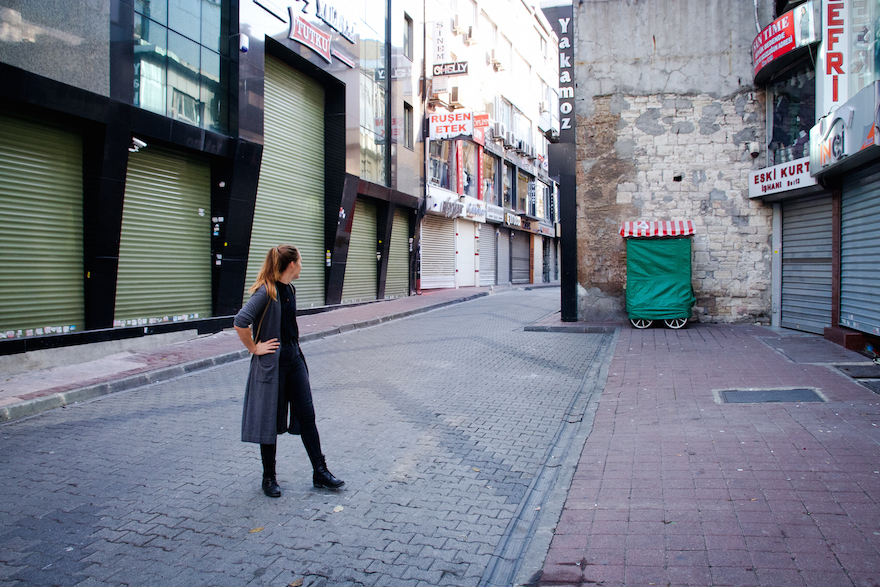
It was not the first time that I have been to a place with critical issues – after all, no place is ever completely free of human rights violations, environmental issues, humanitarian problems. Whether you are travelling to the and are faced with animal rights, or to , where you might be worried about women’s rights, to Bulgaria, allegedly the most corrupt country in Europe, to the , birthplace of extreme consumerism and throwaway culture, to name just a few examples, travel always comes with ethical implications. In all honesty, most of the time there is a tradeoff between ethically correct behaviour and wanderlust – we travel for an (ethical) cost that we often choose to ignore.
But there comes a point where the political, environmental, or social situation in a given country or travel destination weighs too heavily on our conscience – this is the point where we wonder whether we should travel to these places at all. For me, Istanbul was the first time I saw this so clearly, or perhaps so extremely.
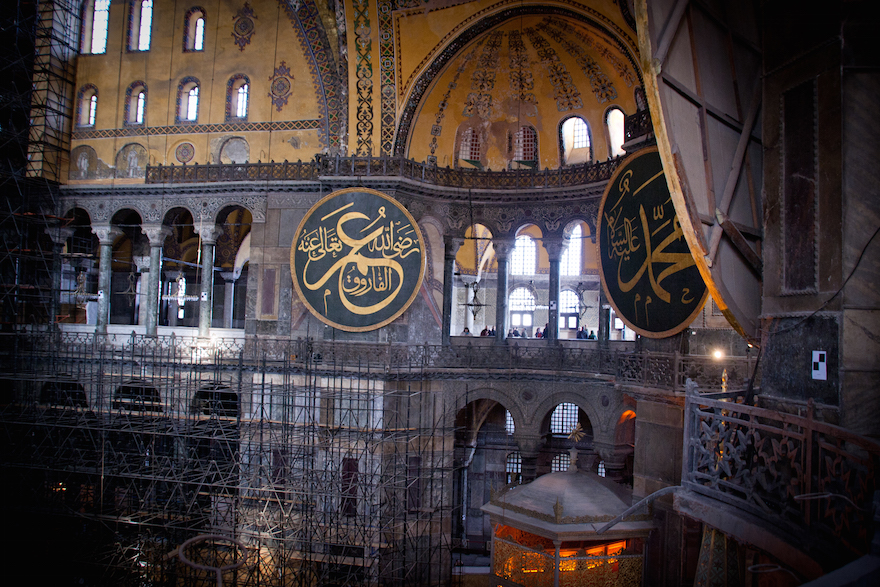
It was bizarre to be travelling in comfort while so many people around me were fighting for survival on their run from a war zone. It was frightening to think that I can see the whole world with relative ease, I can enjoy peace and safety, I can choose where to live in Europe without even having to think about a visa, let alone any decisions on asylum – and at the same time, other people are living in uncertainty and fear in those same places that I go to for comfort, for travel, for adventure.
It is almost as if my travels turned into “crisis tourism” – I became a curious bystander in Istanbul, staring at the refugees on the streets in disbelief and shock, overwhelmed, unsure of how to help. The idea that this humanitarian crisis is almost a tourist attraction, even if it is an involuntary one, nauseates me. It is not like I looked at the map, chose the most interesting spot to see a humanitarian crisis live in action, and then went there – but in the end, I did end up seeing and visiting the situation, the people, up close, just like a tourist. Maybe minus the snapping pictures and buying a souvenir, but still.
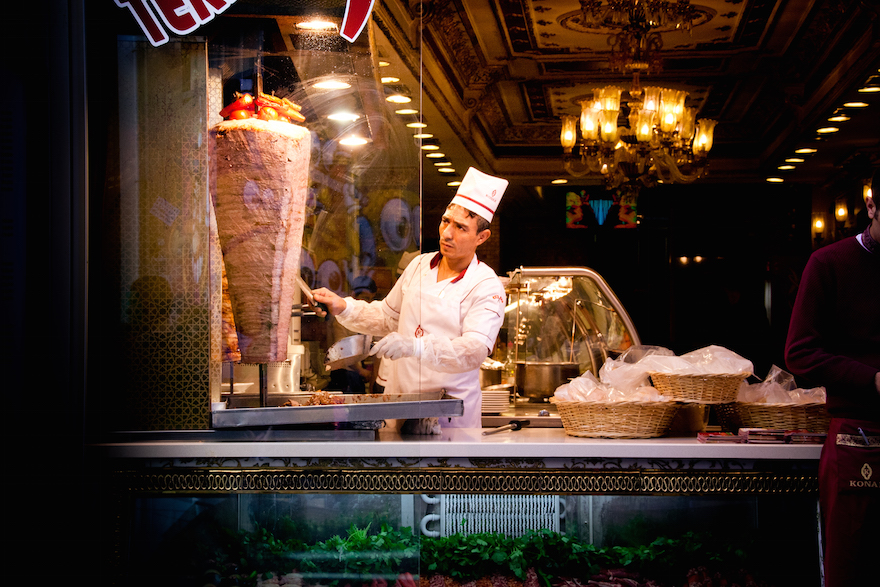
I’m a bit at a loss for a conclusion to these reflections – in the end, would not travelling to these places be any better? Would it help, would it change anything? I doubt it, and at the same time, I cannot bring myself to fully support this type of travel. It reminds me of Ukraine 2014, when heaps of people I know went down to Kiev just to see what was going on. To “show support”, “solidarity”. What does that mean? Being there and taking pictures? Gawking at problems that other countries have? How is that support, how is that solidarity?
I have reached a compromise where I can show support and solidarity at home, helping refugees who are arriving in , cooking together, learning German, making friends. I want to help give these men, women, and children a warm welcome and let them know that there are still safe places to go, where they are happy to stay and build up a new life. In a country that is getting more and more xenophobic, much like many other countries in Europe, I feel that this is the least I can do. Of course, this does nothing to answer my question about travel in the midst of a humanitarian crisis – I’m still in the process of figuring that one out.
How do you see the situation? How can we best help manage humanitarian crises, and where and how does travel play a role? How can we as travellers act and react? I’m curious to hear your thoughts – maybe they can help me to sort out mine…

